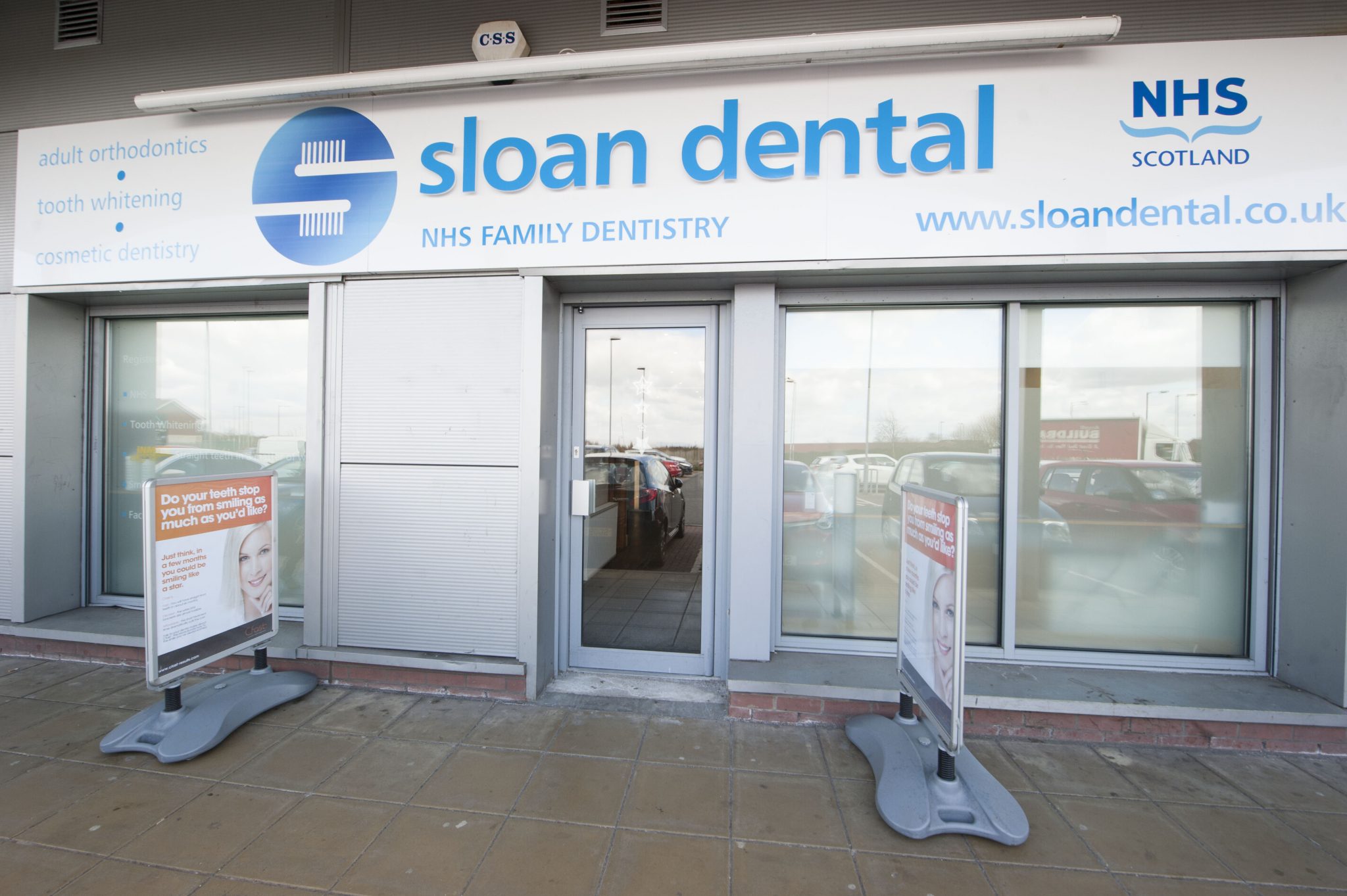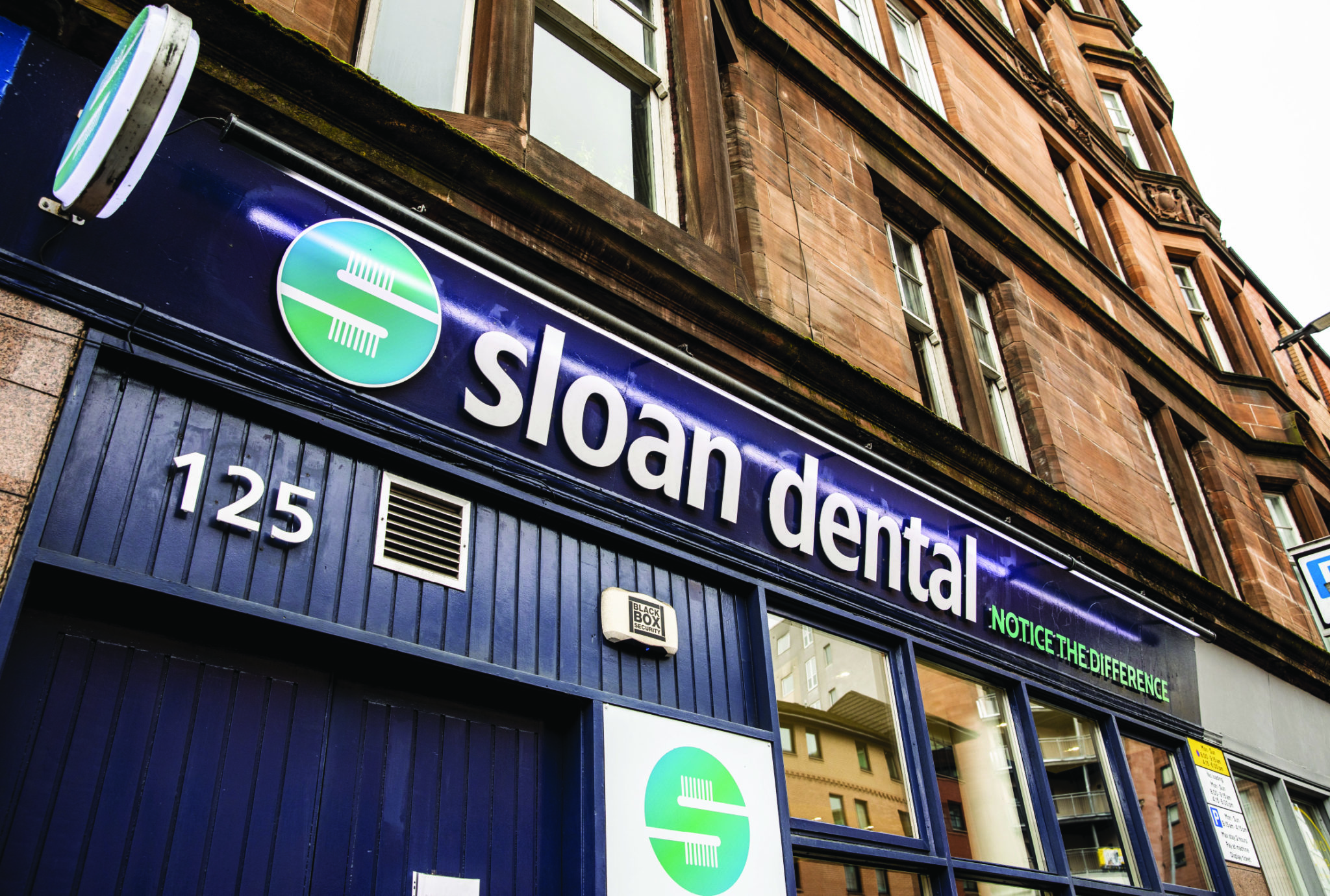Working from home and joining hours of Zoom conference calls every day has forced many people to seek out anti-wrinkle injections. Being forced to stare at your own face every day may have forced you to see yourself in a different way, and perhaps there are imperfections you would like to address.
While there has been a dramatic increase in the demand for anti-wrinkle injections and fillers in recent months, experts are warning that individuals should be cautious about when they schedule their aesthetic appointments.
There are concerns that vaccines, boosters and even catching COVID-19 could alter the side effects of aesthetic injections. Since the COVID-19 infection and vaccine is still new to us, there isn’t any research or data to confirm if it’s safe to undergo facial aesthetic treatments, or how long to wait.
What are facial aesthetic treatments?
Facial aesthetics refers to a family of injectable treatments that can improve your appearance, including anti-wrinkle injections and dermal fillers. These treatments target minor imperfections that might damage your confidence. These include wrinkles, uneven skin tone and loss of volume.
The majority are linked to ageing, but some people opt for aesthetic treatments to simply change their appearance. For example, fillers may be used to change the facial structure by adding more volume to the cheeks and jaw or to make the nose appear more refined.
How do vaccines impact facial aesthetic treatments?
The primary side effects of facial aesthetic injections are swelling and inflammation. Swelling often occurs at the injection site and inflammation may occur in the days following treatment.
One initial study found that there might be an increased risk of an inflammatory response following exposure to the COVID-19 spike protein. This could be the result of catching the infection, or from vaccines, including Moderna and Pfizer.
The study looked at hyaluronic acid dermal fillers, not anti-wrinkle injections such as Botox. We don’t yet know if anti-wrinkle injections produce the same response.
Should I be worried?
While not a serious cause for concern, it highlights the importance of choosing a reputable practitioner for your fillers and Botox. A professional will always take a complete medical history and may advise you to wait between vaccine doses and after recovery before undergoing any treatments.
While it is not thought to cause any lasting damage, the increased swelling could damage your confidence and be quite uncomfortable. To avoid this, we recommend leaving a gap between recovering from COVID-19 and facial aesthetic treatments. If you have recently had your first or second dose, or your booster, you should also wait between treatments. And if you are due to have a first, second or booster dose, you should consider delaying if you have recently had fillers or anti-wrinkle injections.
What should I do if I have a reaction?
If you have any swelling following your treatment, the first step would be to return to the practice for a checkup. Some swelling in the first few days after treatment is normal, but if you are worried that it is excessive, or if it hasn’t settled after 3 days, always return to the practice to put your mind at ease.
Severe allergic reactions are incredibly rare as the material used in fillers and Botox is generally well tolerated by most people. However, if you are having trouble breathing, then you should treat this as a medical emergency and call 999 or go to the ER.



